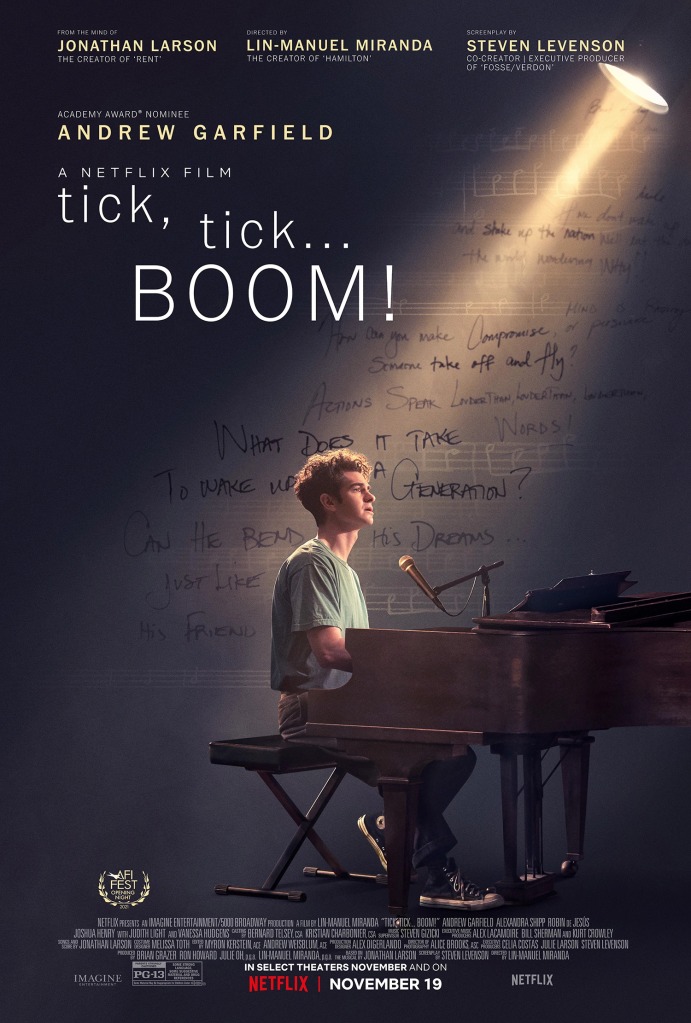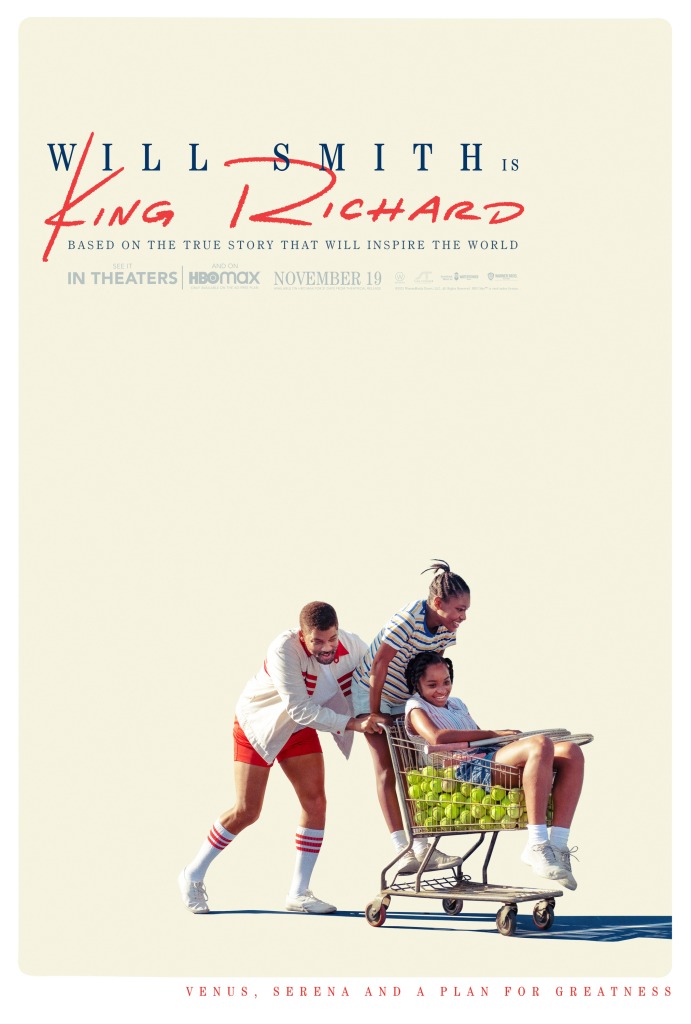
I’ve been away from this for a bit. I’m hoping to get back into it this year. We’ll see. In the meantime, here’s my top 20 of 2021. It was a far better year than 2020, for many reasons…mainly because it wasn’t 2020. The movies were better too…because there were some.
Special Mentions
Inside
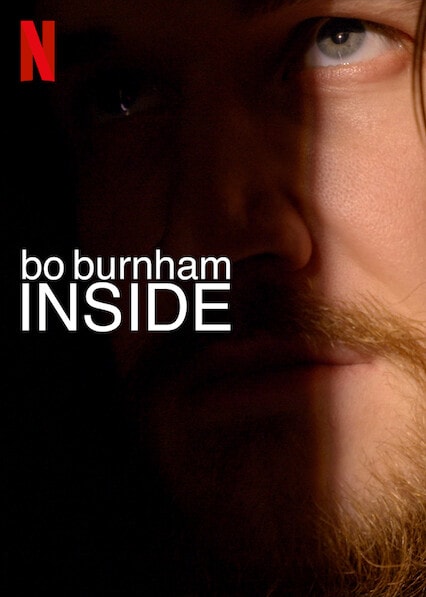
Not really a film, but more of a music special; however, it contains the kind of ingenious creativity that one wonders to behold. For anyone who loves Bo Burnham this is a career highlight. His traditional mix of humor and pathos through his music finds the perfect balance here. I’ve listened to the entire album on repeat, and his “filmmaking” showcases what we already knew from his great first feature film, Eighth Grade, that Bo is brilliant.
Midnight Mass

Mike Flanagan is not only one of the best horror filmmakers we have, he’s one of the best filmmakers we have, period. He makes horror-poetry, and Midnight Mass, a seven episode limited series, is that poetry written in beautiful crimson script. It’s a slow-burn, with a penchant for monologues that reflect not real-life conversation, but the kind you would get in a play. Incredible in its storytelling, performances, cinematography and presentation of faith, the good and the bad.
Honorable Mentions
There was a late surge this year to rearrange my list, of which the majority of the following were a part of for some time. A24 near-missed twice with Zola, the seedy Twitter thread adaption, and Saint Maude, a creepy character decent into religious madness. There were the two Netflix films with directorial debuts from known actresses – the first being Maggie Gyllenhaal’s The Lost Daughter, with yet another great performance from Olivia Coleman; the other being Rebecca Hall’s Passing, a gorgeous looking display in black and white about Black & White. Blockbusters Shang-Chi was a very strong MCU origin film that felt different enough to stand out, and Ghostbusters: Afterlife brought the nostalgia to win many of us over. There was also Pixar’s Luca and the high concept thriller, Oxygen. On to the top 20.
20. Judas and The Black Messiah
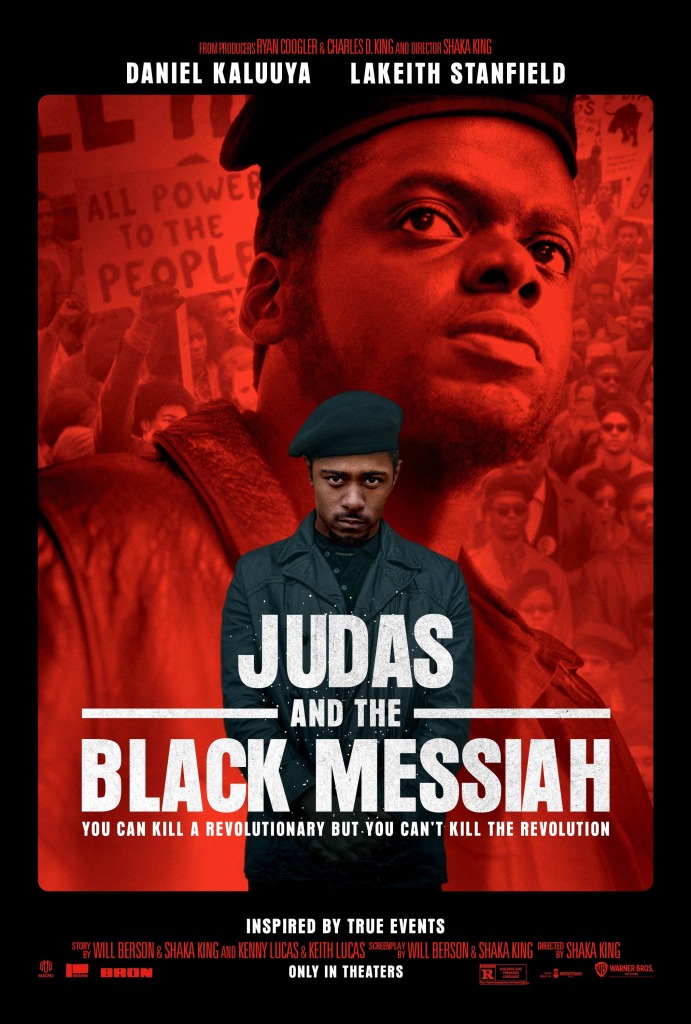
Technically a 2020 release, but I didn’t catch it on HBOMax until after I made my top ten. The film uses the Judas concept to perfection, giving Lakeith Stanfield yet another chance to shine, despite it being Daniel Kayuula who walked away with Oscar gold for his equally great performance.
19. Titane
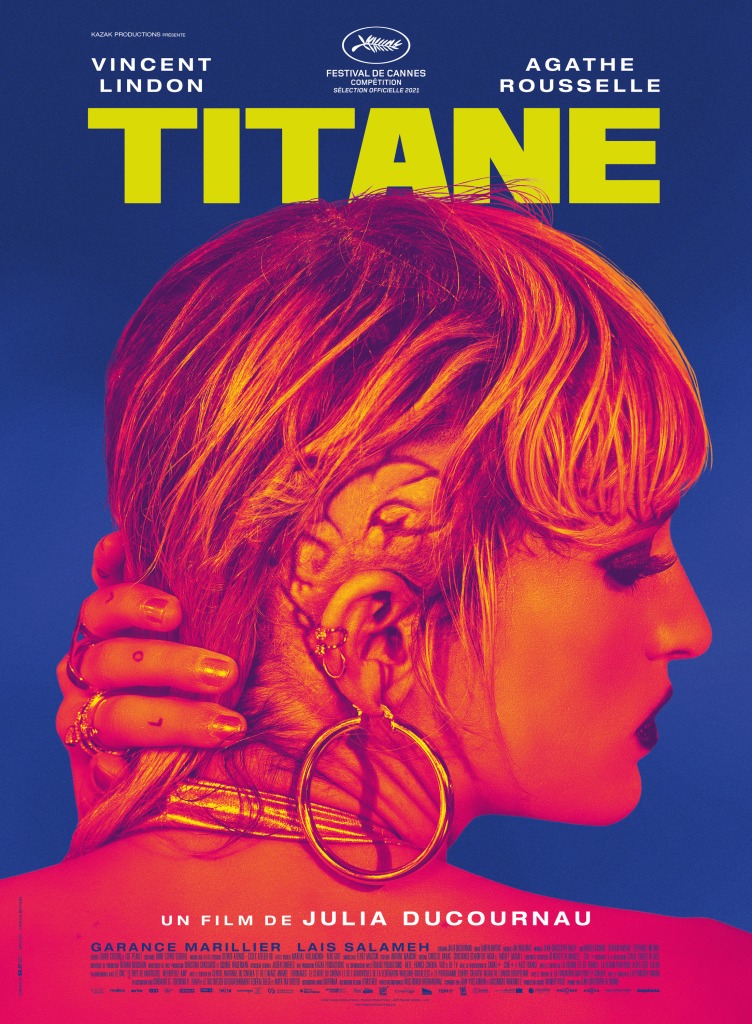
A film that dares you to not look away while it forces you to sympathize with a murderer as she maybe finds something wholesome. If you want something you haven’t seen before, allow the French to take you on a journey.
18. The Souvenir Part II

The first every A24 sequel is more of a continuation of the first film. In fact it enhances the first film to make it appear as though that was only half of the story. This is the better half, being more focused without sacrificing the artistry that made the first film worthwhile.
17. The Tragedy Of Macbeth

Joel Coen’s adaptations owes plenty to those that came before it, but left to its own devices we get something haunting. Choosing to focus more on the visions while trimming the narrative, The Tragedy Of Macbeth is my favorite English adaptation of the play ever, with only Akira Kurosawa’s Throne of Blood remaining on top.
16. Encanto
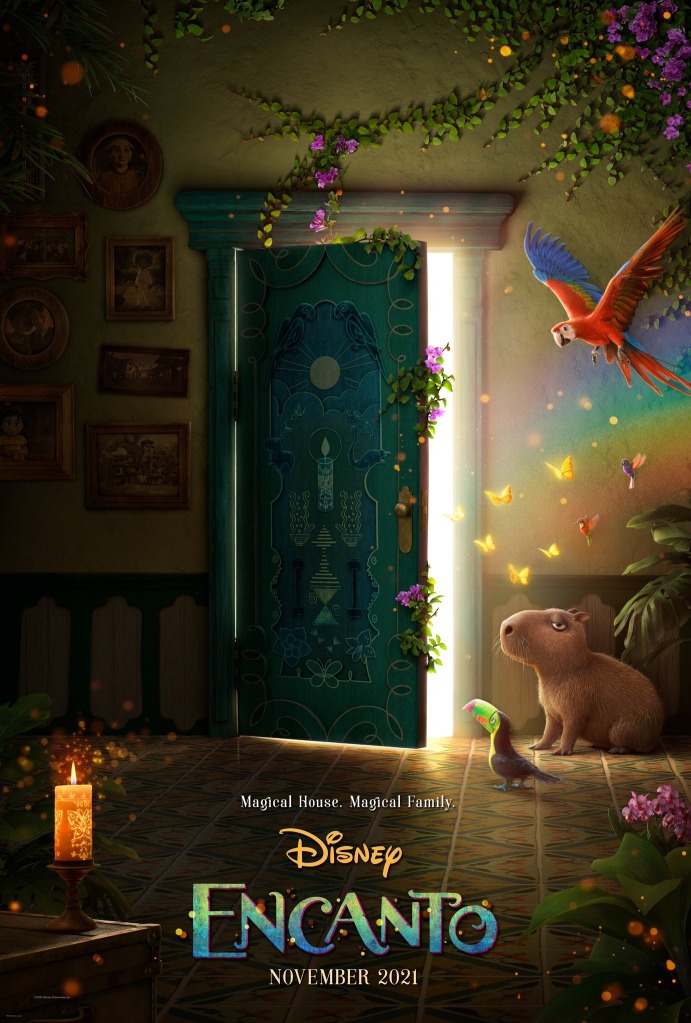
A wonderful story of about the pressure put upon children to have gifts that will make their way in the world easier. Great music and visuals inspired by the Columbian culture makes Encanto my favorite animated film of 2021.
15. The French Dispatch

Wes Anderson at his most Wessy. A variety of short stories that marry to the lateral movie filmmaker easily. My favorite still being the one led by Jeffrey Wright, who delivers a line that would make Hemingway proud.
14. Spider-Man: No Way Home

A bit convoluted and overcrowded, and a complete joy to witness. Nothing was going to wipe the smile off of my face from seeing old friends once more.
13. A Quiet Place Part II

While not quite as good as the first, this sequel knows not to overstay its welcome, delivering its thrills up to the exact moment its ready to let us off the ride…for now.
12. Licorice Pizza

Paul Thomas Anderson’s Once Upon A Time In Hollywood, is a day in the life that charmed the hell out of me. I found the second half to be a little too episodic compared to the masterful first half, but Andersons still proves to be on the top of his game.
11. The Father
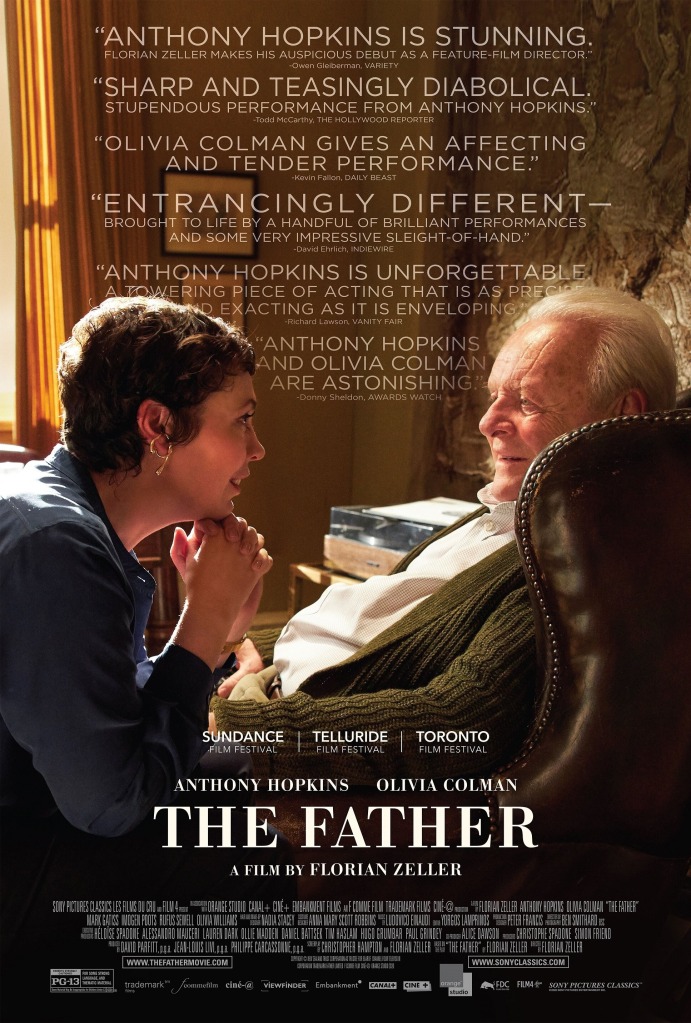
Another 2020 with one of the worst posters ever. This is a horror film that presents dementia from the point of view of the broken mind it has overtaken. One tough watch with possibly the best performance of Anthony Hopkins career. Think about that.
10. The Power Of The Dog

A film that doesn’t come into focus until its conclusion, and it’s a conclusion that blew me away.
9. Another Round

The last 2020 release on here, and my favorite. A life-affirming showcase for the great Mads Mikkelsen, who gives hi career best performance. I will forever drink to this one.
8. Red Rocket
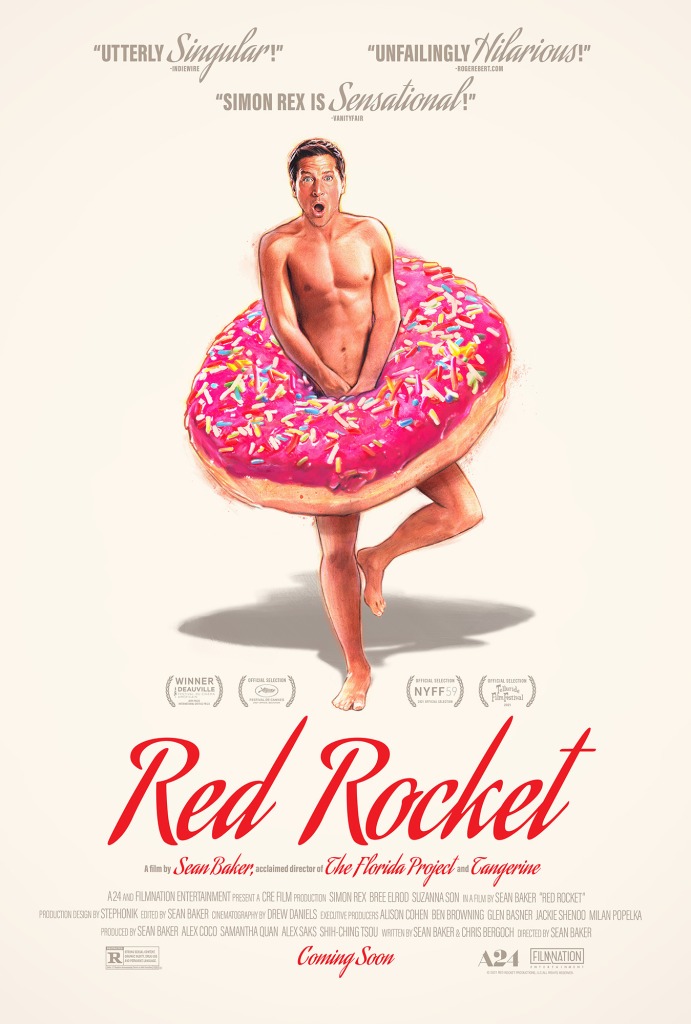
Who would have thought that one of my favorite performances of the year would go to Simon Rex, but here we are. Sean Baker once again nails the authenticity of nowhere America, delivering this year’s Uncut Gems.
7. C’mon C’mon

The most tender movie of the year. A hug in black and white.
6. Pig
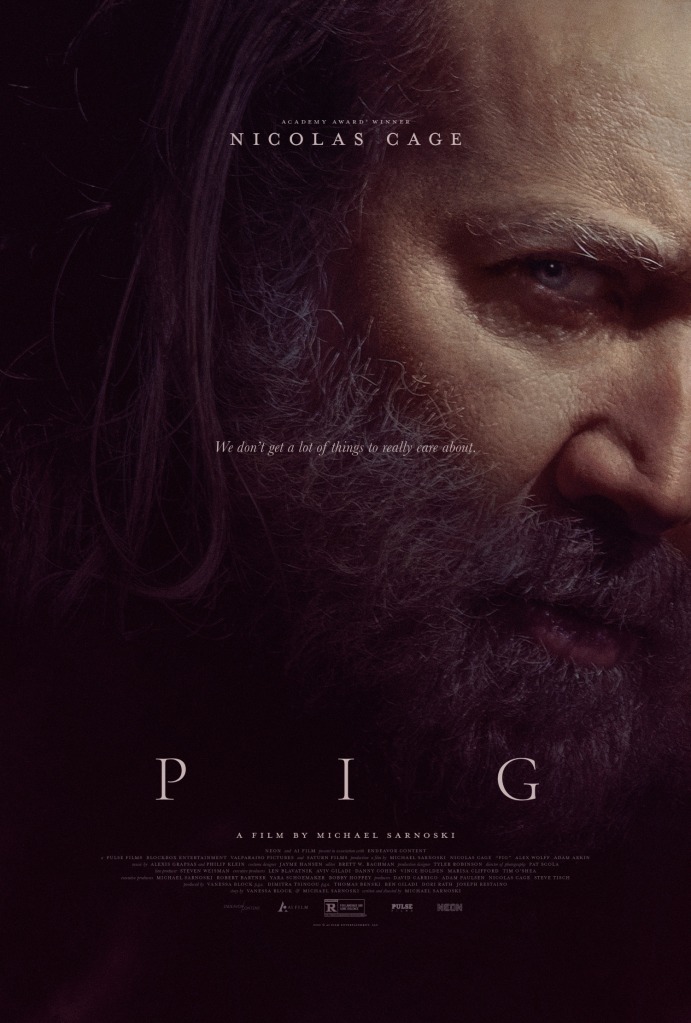
Proof that Nicolas Cage is still the best version of Nicolas Cage. The most surprising film of the year, that masks itself as John Wick, with only the intention to shoot inward. Beautiful debut from Michael Sarnoski.
5. Dune: Part 1

A film for the big screen more than any on this list. The only reason it isn’t higher is because it’s only half of a movie. But what a half.
4. The Green Knight

A film that made me adore writing about it. A masterpiece that shows the importance of being good in a world that strives for perfection.
3. Mass
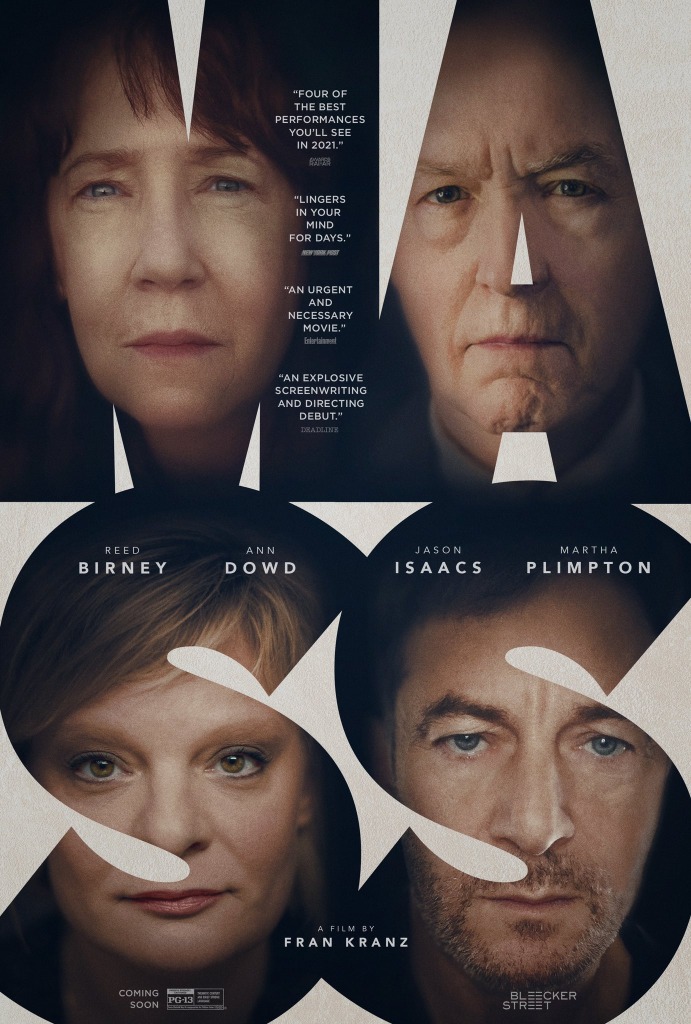
It’s criminal that this film isn’t on everyone’s top ten list, or at every award show. I started crying about twenty minutes in, and didn’t stop until the credits rolled.
2. West Side Story

No one blocks a scene or moves the camera like Steven Spielberg, and here his talent gets the musical jolt its needed for quite some time. It’s better than the original, and now makes Spielberg a filmmaker who’s made a great film in six different decades.
1. The Last Duel

It bombed at the box office, but it will find its audience soon enough. A true old-fashioned movie that will hopefully never stop being made. It was my favorite of 2021.


